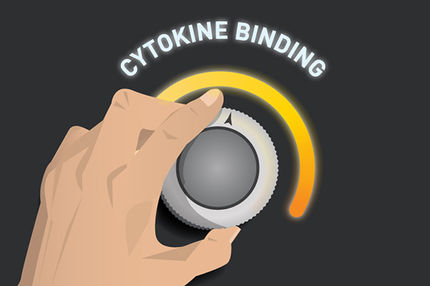Alexion Announces the EXPLORE Clinical Diagnostic Study for Paroxysmal Nocturnal Hemoglobinuria (PNH)
Study to Test Patients With Aplastic Anemia, Myelodysplastic Syndromes and Other Bone Marrow Failure Disorders to Evaluate Frequency and Clinical Manifestations of PNH
Advertisement
With research suggesting that many patients with paroxysmal nocturnal hemoglobinuria (PNH) go undiagnosed for years and that many patients have PNH in association with bone marrow failure disorders, Alexion Pharmaceuticals announced the initiation of the multi-center EXPLORE study to examine the frequency of PNH in patients with aplastic anemia (AA), myelodysplastic syndrome (MDS) and other bone marrow failure disorders. Although the hemolytic blood disorder PNH is associated with bone marrow disorders, it is often misdiagnosed or undetected in these patients.
Current published guidelines recommend that patients with aplastic anemia, refractory anemia-myelodysplastic syndromes, and patients with any one of the following -- venous thrombosis involving unusual sites, hemoglobin in the urine, intravascular hemolysis without antibodies, or episodic abdominal or swallowing pain and hemolysis -- should be screened for PNH. The test for PNH requires only a small sample of the patient's blood from a vein in the arm.
The EXPLORE (EXamination of PNH, by Level Of CD59 on REd and white blood cells, in bone marrow failure syndromes) study expects to engage approximately 200 hematologists to enroll an estimated 2,000 patients. Patients with any evidence of AA, MDS, or other bone marrow failure disorders will be asked to give informed consent to enter into the study's screening phase. The trial will mark the first systematic effort to determine the presence of the PNH blood cell clone in patients with AA, MDS, or other bone marrow failure disorders. Enrollment is expected to begin this summer in the U.S. and is then expected to expand to Europe and Asia.
PNH is a rare, severe anemia that is associated with significant morbidity and early mortality. Based upon scientific investigations and presentations of the prevalence of patients diagnosed with abnormal PNH cells in their blood, it is currently estimated that approximately 8,000-10,000 people in North America and Western Europe suffer from PNH. It is caused by a hematopoietic stem cell mutation resulting in a deficiency of CD59, a complement inhibitor protein that blocks the formation of the terminal complement complex on the blood cell surface and prevents hemolysis.
Other news from the department research and development
Most read news
More news from our other portals
See the theme worlds for related content
Topic world Antibodies
Antibodies are specialized molecules of our immune system that can specifically recognize and neutralize pathogens or foreign substances. Antibody research in biotech and pharma has recognized this natural defense potential and is working intensively to make it therapeutically useful. From monoclonal antibodies used against cancer or autoimmune diseases to antibody-drug conjugates that specifically transport drugs to disease cells - the possibilities are enormous

Topic world Antibodies
Antibodies are specialized molecules of our immune system that can specifically recognize and neutralize pathogens or foreign substances. Antibody research in biotech and pharma has recognized this natural defense potential and is working intensively to make it therapeutically useful. From monoclonal antibodies used against cancer or autoimmune diseases to antibody-drug conjugates that specifically transport drugs to disease cells - the possibilities are enormous






















































